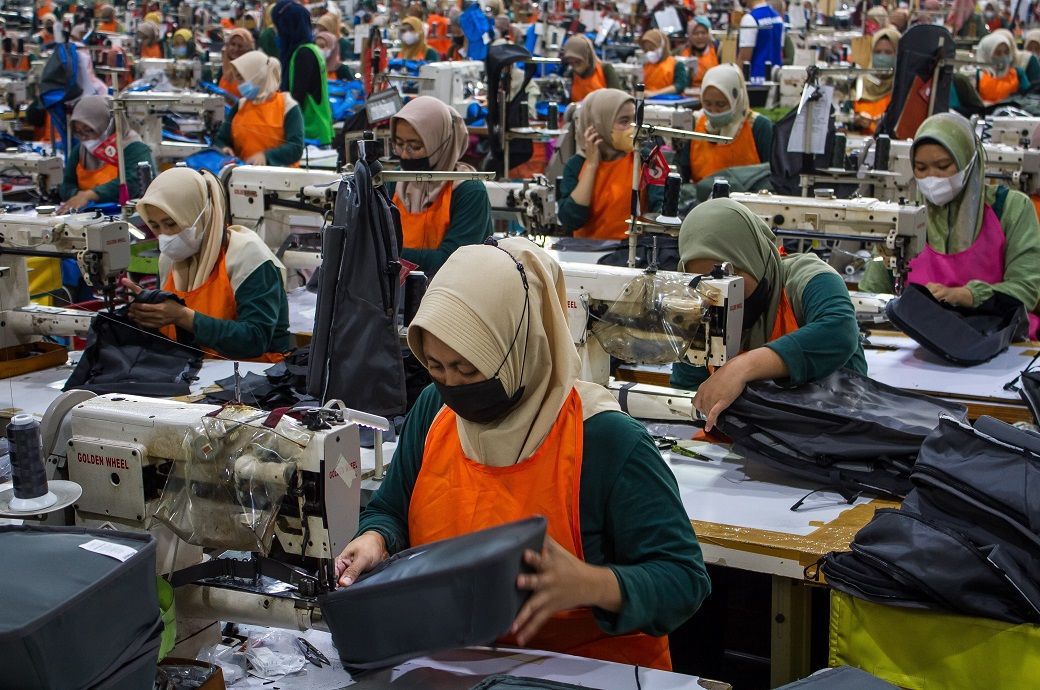
Compliance reporting among APSyFI member firms is low, data from the National Industrial Information System (SIINas) show. Out of 20 members, only 15 submitted their industrial activity reports.
“There are still major APSyFI member companies that have not reported their performance at all. Reporting obligations are a form of industry accountability to the state. This lack of administrative commitment weakens the association’s position as a self-proclaimed frontliner of the national textile industry,” ministry spokesperson Febri Hendri Antoni Arif was quoted as saying in a statement by a domestic news reports.
Arif noted anomalies in the performance data of APSyFI member companies. While the association has been lobbying for stricter import regulations, its own members have significantly increased their import volumes.
Data shows that imports of yarn and fabric by APSyFI members surged more than 239 per cent year on year (YoY) from 14.07 million kg in 2024 to 47.88 million kg in 2025.
“Some APSyFI members are taking advantage of bonded zone facilities and general import licenses, allowing them to import in bulk. On one hand, they demand protection, but on the other, they actively act as importers. This clearly contradicts the spirit of industrial self-reliance,” he added.
Government protection and fiscal instruments for the upstream textile sector include anti-dumping import duty (BMAD) on polyester staple fiber (PSF), which is in effect since 2010 and valid till 2027.
Additional measures include BMAD on spin drawn yarn (SDY), valid until 2025; a safeguard import duty (BMTP) on synthetic fiber yarn, in place until 2026; and a safeguard duty on fabric imports, which will remain effective until 2027.
“This means APSyFI member companies have been enjoying dual benefits—tariff protection and import facilities. Unfortunately, these advantages have not been matched by new investments or technological modernization,” Arif said.
Arif cautioned that if the proposed 45 per cent anti-dumping duty—based on the Indonesian Anti-Dumping Committee (KADI)'s calculations—is implemented, it could lead to layoffs of up to 40,000 workers in the downstream sector.
“That would be a national tragedy. The risk of job losses in the upstream sector is significantly lower and can still be mitigated by optimising domestic demand,” he said.
Indonesia’s textile sector grew by more than 4 per cent in both Q1 and Q2 of 2025.
ALCHEMPro News Desk (DS)
Receive daily prices and market insights straight to your inbox. Subscribe to AlchemPro Weekly!